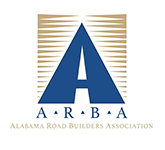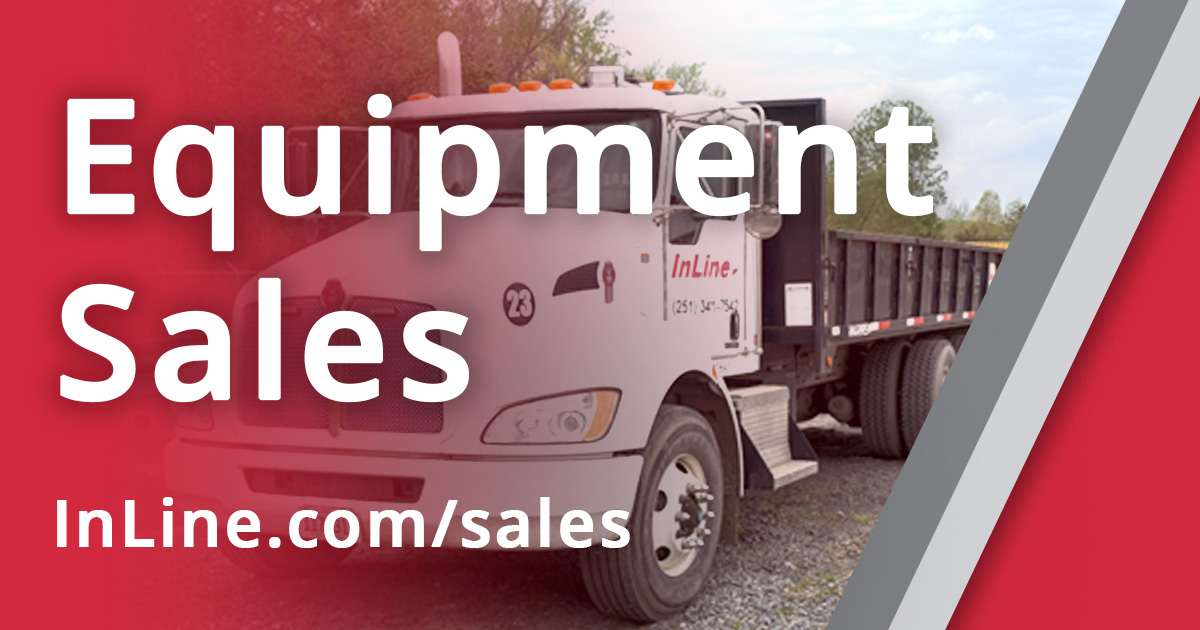Traffic Volumes have exceeded existing transportation corridor capacity. The cost and time required for the construction of new lanes is prohibitive and not practical to meet this rapidly growing demand. These increased volumes greatly reduce throughput impacting safety.
Many states have already accepted that they are largely on their own when it comes to financing critical infrastructure programs.
This leaves many states asking: “How can we quickly and cost effectively increase capacity?”
Intelligent Transportation Systems (ITS) provide traffic managers roadway information enabling faster incident response and traveler notification improving capacity of impacted corridors.
ITS can be rapidly deployed across corridors within months at a fraction of the cost as opposed to years and/or decades required for adding additional lanes. When properly applied as a management system, ITS increases lane capacity by providing the immediate increase of throughput. This positively impacts safety, reliability,and economic opportunity for communities and businesses across these corridors.
The benefit- to cost ratio of systems-operations measures enabled by ITS has been estimated at approx. 9 To 1, far above the addition of conventional highway capacity, which has a benefit-cost ratio of 2.7 To 1.
ITS deployments have a proven record of providing benefits to the roadway user.
- In Michigan, highway segments with Dynamic Message Signs were found to have 16.6 fewer crashes than those segments without the signs.
- Total crash reduction savings from ITS deployments in Michigan are estimated at $20 million.
- With approximately 25% of all delay being the result of incidents on roadways, managing traffic incidents is a proven strategy for addressing congestion problems.
- 94% of travelers who took the action indicated by the Dynamic Message Signs in rural Missouri and drivers were very satisfied by the accuracy of the information provided.
- When travel times posted on DMS are twice as long as typical travel times, drivers begin to favor alternate routes.
%
With approximately 25% of all delay being the result of incidents on roadways, managing traffic incidents is a proven strategy for addressing congestion problems.
%
94% of travelers who took the action indicated by the Dynamic Message Signs in rural Missouri and drivers were very satisfied by the accuracy of the information provided.
The benefit-cost ratio of systems-operations measures enabled by ITS has been estimated at approximately 9 to 1, far above the addition of conventional highway capacity, which has a benefit-cost ratio of 2.7 To 1.
Comprehensive deployment of ITS sets the stage to implement new advances in traffic management including:
- Connected vehicle initiatives (which isalready being deployed in Arkansas on theWalmart campus)
- Truck platooning (with 40,000 ADT and50% trucks on the I-40 corridor, I-40 wouldbe a prime candidate for this initiative)
Utilize Alternative Delivery Programs for innovative design, construction, and funding for your critical communication network and Intelligent Transportation System (ITS) infrastructure statewide.
The progressive design build process with private contractors creates a unique opportunity for the rapid expansion of critical intelligent infrastructure.
By leveraging a collaborative project approach, the department will accelerate the expansion of the ITS program, improving the efficiency and safety of impacted corridors, at a fraction of the cost and time of roadway-widening projects.
By deploying a scalable communication network for your expanding ITS infrastructure, the department has an opportunity to monetize excess network capacity.
This would help subsidize your ITS program while improving access to competitive broadband services for communities statewide.
The following demonstrates approaches for implementing THE BIG IDEA!
Design Build Traditional
- Department contracts with construction partner for the design and construction of a turn-key solution.
- Extended project design and letting process
- Typically matched with federal funds
Design-Build Maintenance
- A Design-Build Maintenance Contract provides fixed push-button pricing for pay items to restore and maintain existing infrastructure, and provides design build options for new construction.
- Streamlined project design, construction, and maintenance response times
- Typically matched with federal funds
Network Sharing and Monetization Opportunity
- Scalable networks enable expansion for broadband access for other state agencies and communities state-wide through private carrier partnerships.
- Creates budgets for expansion and maintenance of networks and ITS infrastructure
- FHWA funding cannot be utilized
Example – Design-Build Traditional
ITS Device Scope
- 12,600 feet of electrical conduit
- 84 each electrical pull boxes
- 46,426 feet of electrical service conductor
- 27 each electrical services
- 14 each backup generators
- 24 each 50’ to 75’ concrete poles
- 11 each cantilever structures w/DMS
- 38 each ITS cabinets
- 37 each ITS switches
- 49 each CCTV
Network Scope
- 160 miles of fiber optic cable
- 550 each underground pull & splice boxes
- 4 each hut/hub facilities
- 4 each master hub switches
Typical Design Build Timeline
- Typical Letting Process = 1 to 2 Years
- Typical Design Process = 1 to 2 Years
- Typical Construction = 1 to 2 Years
- Final Acceptance = 1 Year
- Total Timeline = 4 to 7 Years
Pros
- Standard Operating Process
- Allows FHWA matching funding to be utilized
- Maximizes the use of contractor innovations
Cons
- Prolonged Design and Construction Delivery
- Cannot implement sharing and monetization models
Example – Design-Build Maintenance
ITS Device Scope
- 12,600 feet of electrical conduit
- 84 each electrical pull boxes
- 46,426 feet of electrical service conductor
- 27 each electrical services
- 14 each backup generators
- 24 each 50’ to 75’ concrete poles
- 11 each cantilever structures w/DMS
- 38 each ITS cabinets
- 37 each ITS switches
- 49 each CCTV
Network Scope
- 160 miles of fiber optic cable
- 550 each underground pull & splice boxes
- 4 each hut/hub facilities
- 4 each master hub switches
Design Build Maintenance Timeline
- Typical Letting Process = 0 Years
- Typical Design Process = 1 to 6 Months
- Typical Construction = 1 to 2 Years
- Final Acceptance < 3 Months
- Total Timeline = 16 to 33 Months
Pros
- Accelerated design and construction delivery
- Allows for sharing or monetization models
- Maximizes the use of contractor innovations
Cons
- New Process for Department project delivery
- Requires state funding with no FHWA matching funds allowed
Monetizing Communication Infrastructure provides Departments of Transportation an opportunity to help solve numerous critical issues facing our states and nation.
Multi-duct’s added scale enables the rapid expansion and growth of the department’s ITS programs and enables the monetization of your communication Infrastructure by partnering with broadband service providers. Partnering with broadband service providers provides the department with monetary resources required for the continued growth and maintenance of ITS networks. By working with broadband partners, you will help solve the digital divide faced by rural communities that desperately need access to competitive broadband services.
Monetizing your network addresses funding issues for the department’s ITS Program while solving access to competitive broadband services for rural communities across your footprint, creating a win-win for everyone.
InLine has the background, experience, and expertise to construct, maintain, and monetize critical communication networks, ensuring the successful deployment of your rapidly expanding ITS program.
Alabama HQ and Offices
600 Lakeshore Parkway
Birmingham, AL 35209
Theodore - Mobile
5535 Business Parkway
Theodore, AL 36582
Arkansas Office
Little Rock
4411 John Harden Dr
Jacksonville, AR 72076
Mississippi Office
Jackson
193 Business Park Dr, Suite C
Ridgeland, MS 39157
Tennessee Office
Memphis
2650 Thousand Oaks Boulevard
Suite 1340
Memphis, TN 38118




